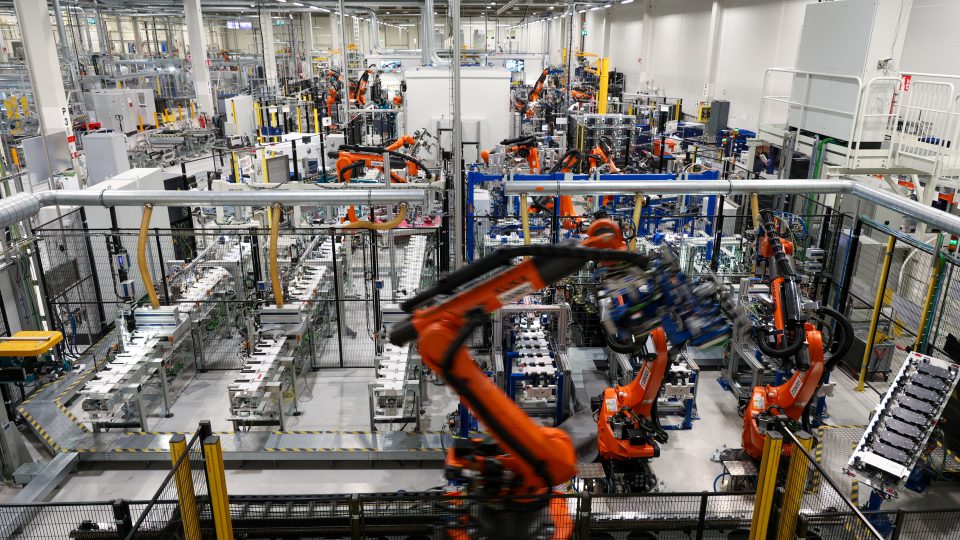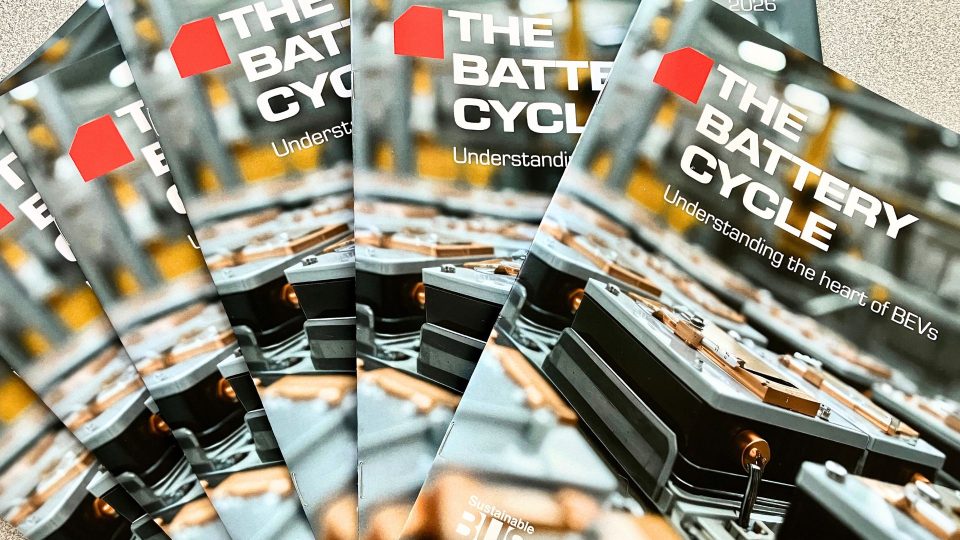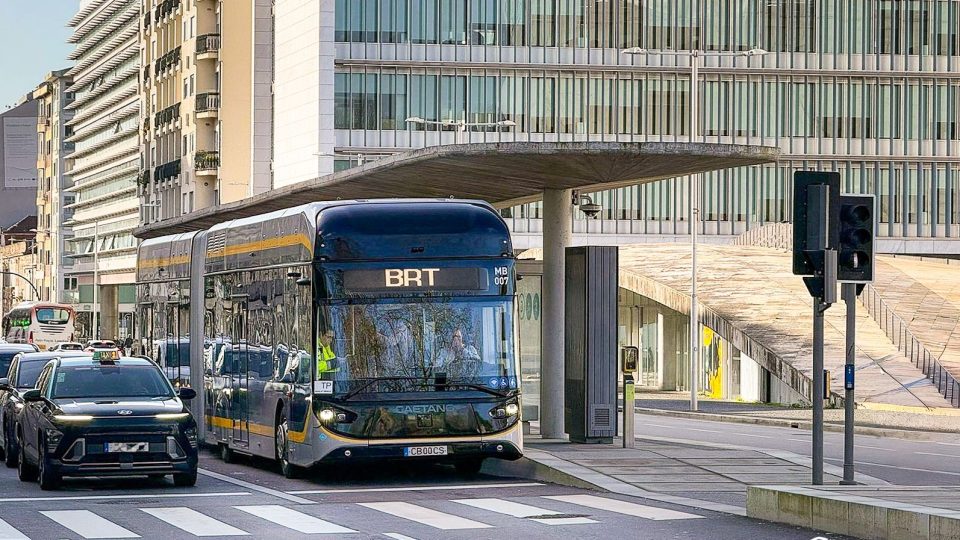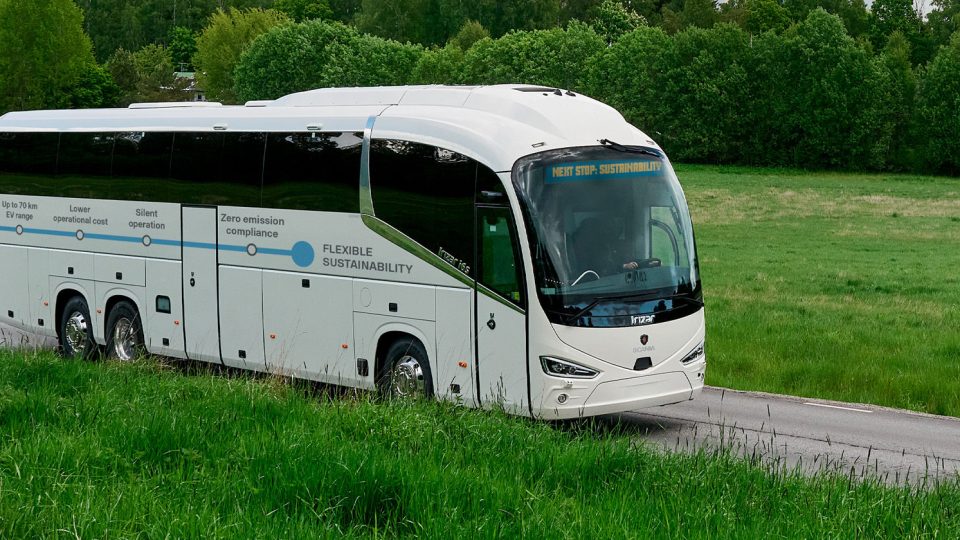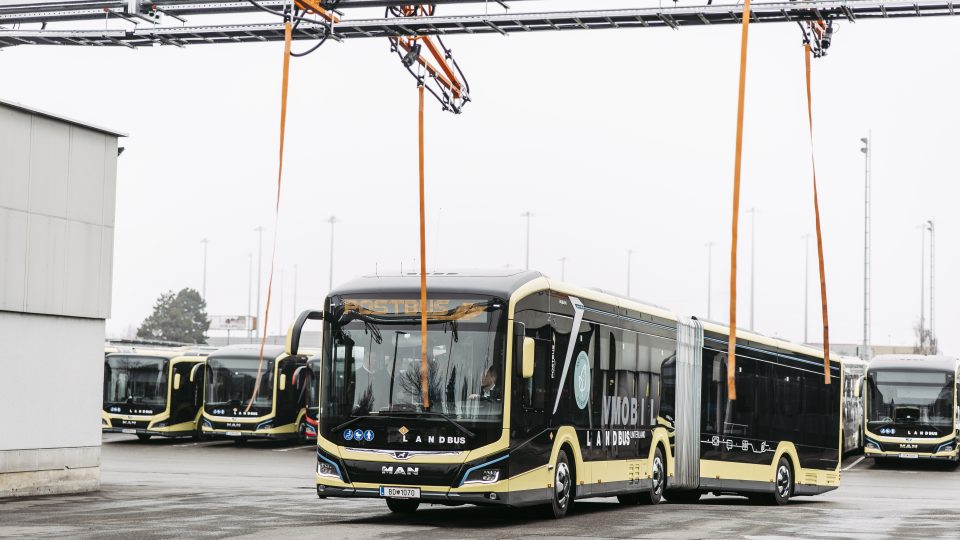France, Le Monde reveals €12M misappropriation of funding for e-buses
by Jean-Philippe Pastre The main French daily newspaper Le Monde has revealed on Friday 27th December a vast scam on public money. The authors, Arthur Carpentier and Maxime Vaudano, estimate that 12 million Euros were allegedly diverted during 3 months. This is the misappropriation of funding for the acquisition of electric battery buses. France, scam on awarding funding for electric […]
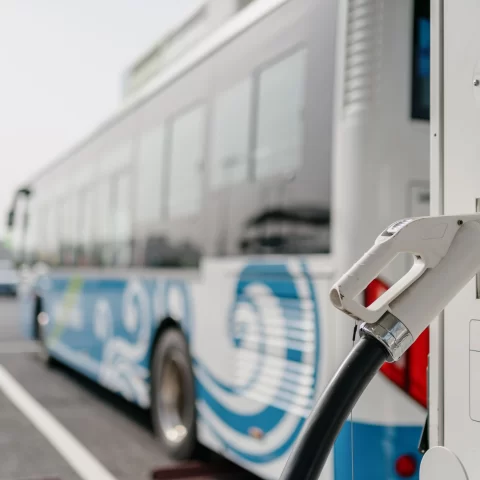
by Jean-Philippe Pastre
The main French daily newspaper Le Monde has revealed on Friday 27th December a vast scam on public money. The authors, Arthur Carpentier and Maxime Vaudano, estimate that 12 million Euros were allegedly diverted during 3 months. This is the misappropriation of funding for the acquisition of electric battery buses.
France, scam on awarding funding for electric buses
The fake electric bus scam did not only leave holes in public finances, it left traces in the registrations. According to the article from Le Monde, more than half of the 600 electric buses registered between November 2022 and January 2023 were likely not existing. The Ministère de la transition écologique et solidaire confirmed the information while minimizing them.
The fraud is based on the filing of grant application within the ASP Agence de Services et de Paiements, the French agency which gave the subsidies for the electric véhicles. For the electric buses, at the time, the amount of money reached 30,000€ per unit.
According to the authors, dozens of companies, sometimes newly created, suddenly say they have bought electric buses, in batch of three or four, sometimes five. In the meantime, this did not trigger the suspicion of the ASP state service.
The abusive files were based on the impersonation of managers of existing companies. Arthur Carpentier et Maxime Vaudano mentioned the case of Jean-Marc Navarro, an architect settled in Nîmes(Gard) who discovered in 2023 that is was “also” owner of Auto Navarro in Douai (Nord). This company was created the 15th November 2022 and, two weeks later, declared to the ASP acquiring seven electric buses (which represents a grant amount of 210,000€). Jean-Marc Navarro found out the scam when the property tax department has demanded payment of property taxes in Douai.
This case revealed by the newspaper Le Monde questions the management of the French state. But it also questions the reliability of the vehicle registration system (the French SIV Système d’immatriculation des véhicules). For instance, the French media trm24.fr discovered last November, analyzing the statistics published by AAA-Data sourced from the SIV registration system, that some Mercedes-Benz Trucks type numbers were wrongly affected, creating, in that case a CNG truck model which never existed (this would have made the Mercedes-Benz Trucks France representatives laugh a lot)!
In this case, all the buses were a Karsan model, with credible characteristics. But the serial numbers entered into the SIV did not correspond to any vehicle from the Turkish manufacturer. When questioned by the journalists of the newspaper Le Monde, the Délégation à la Sécurité routière and the Ministère de l’Intérieur (French Home Office) who are responsible for overseeing the SIV registration system did not reply.

